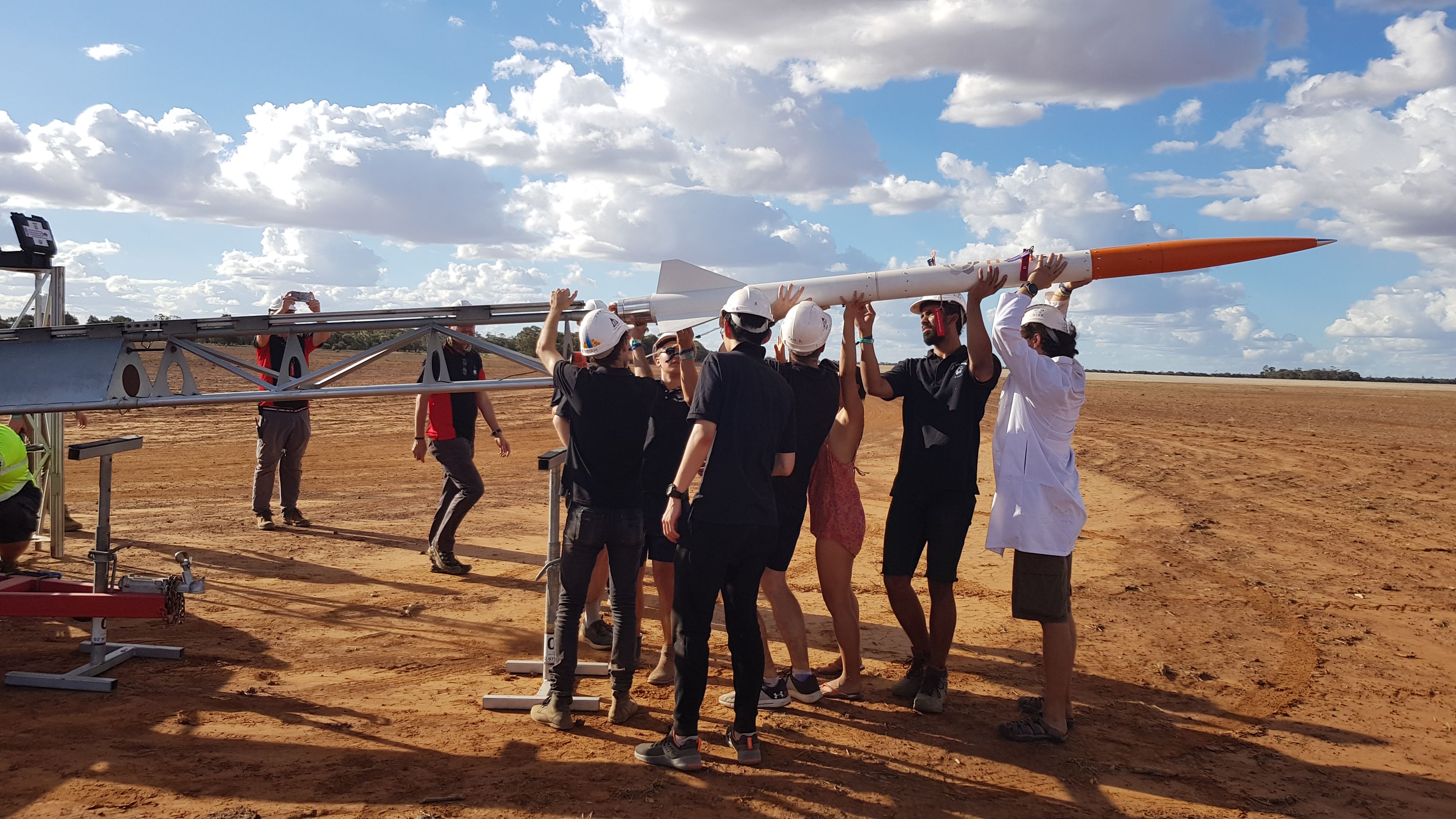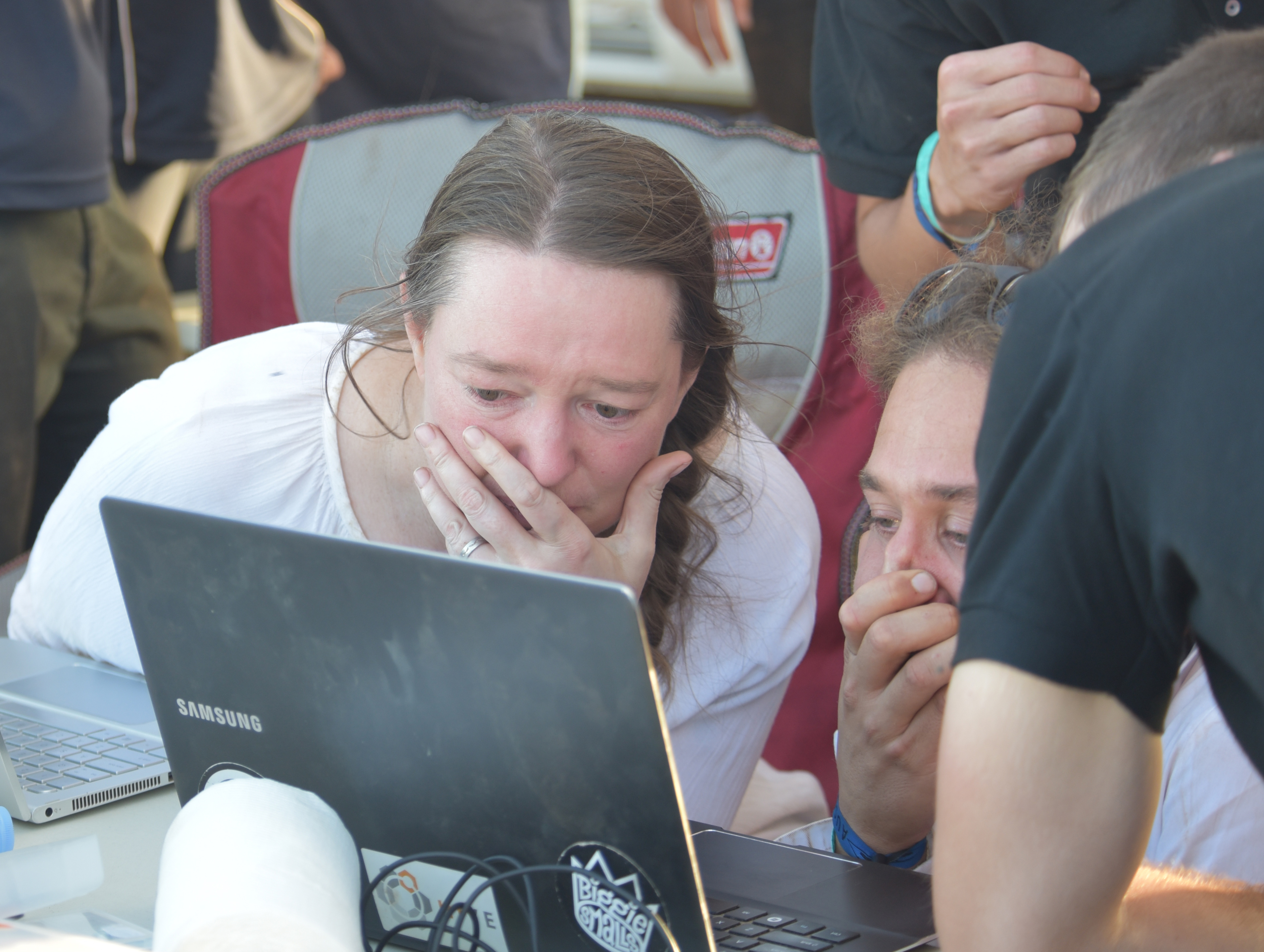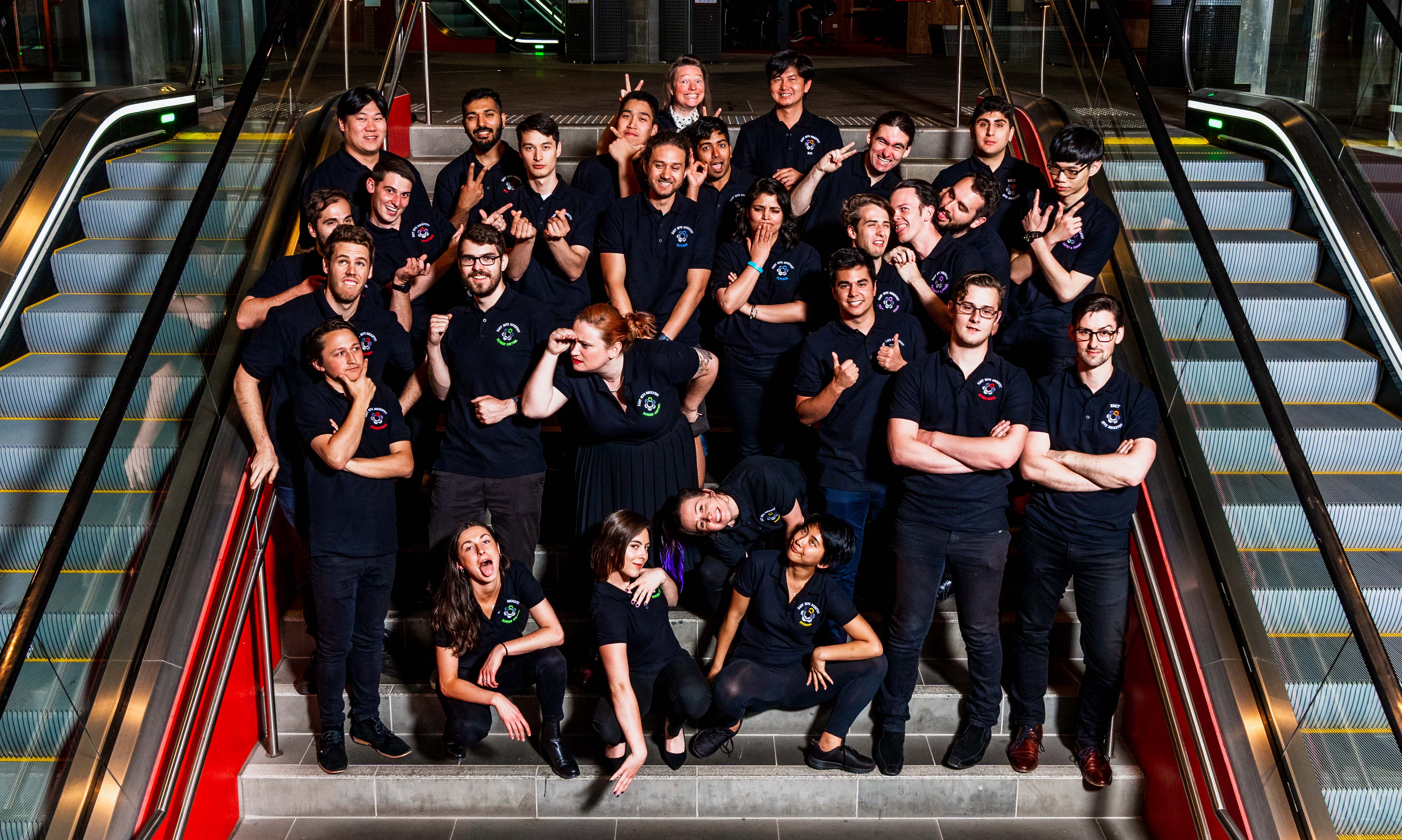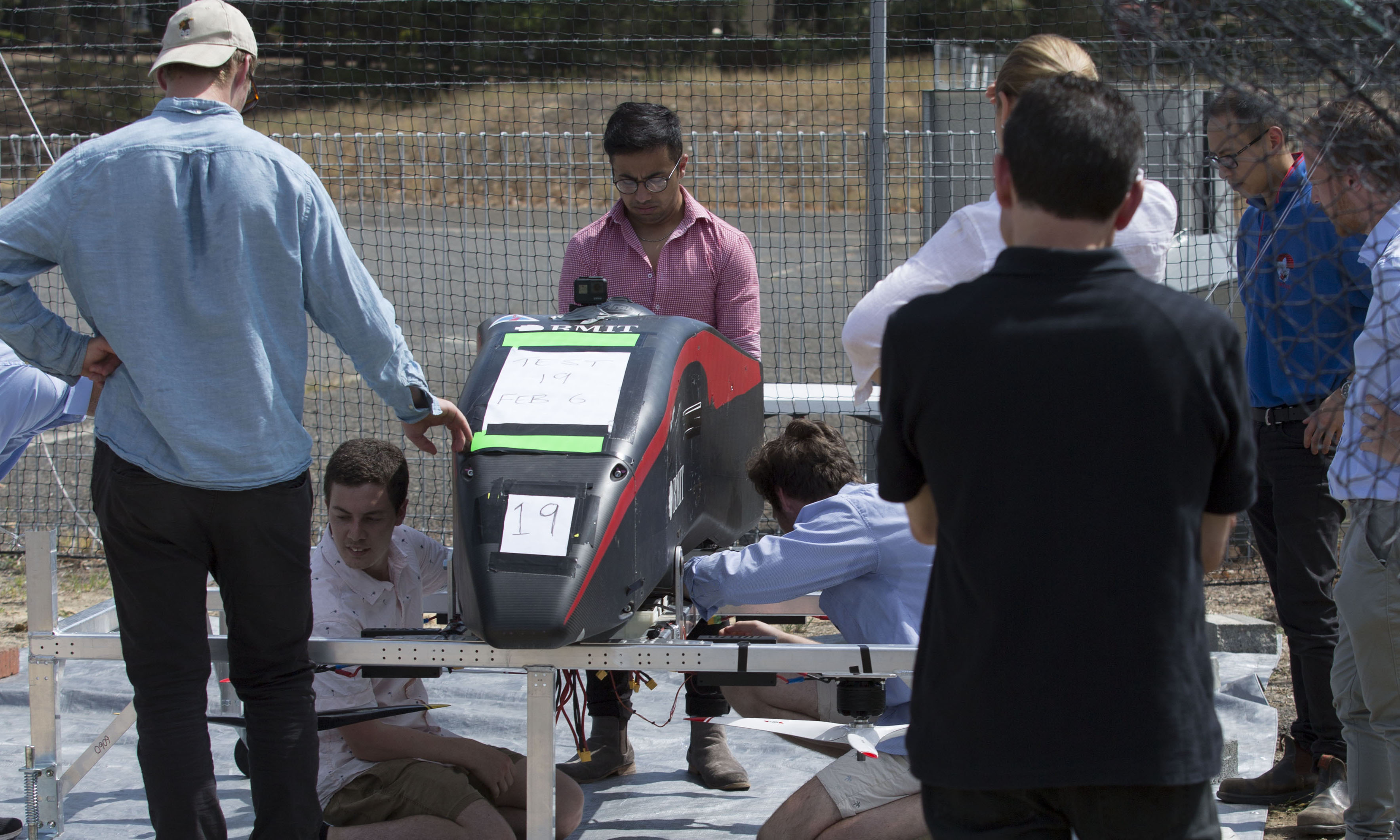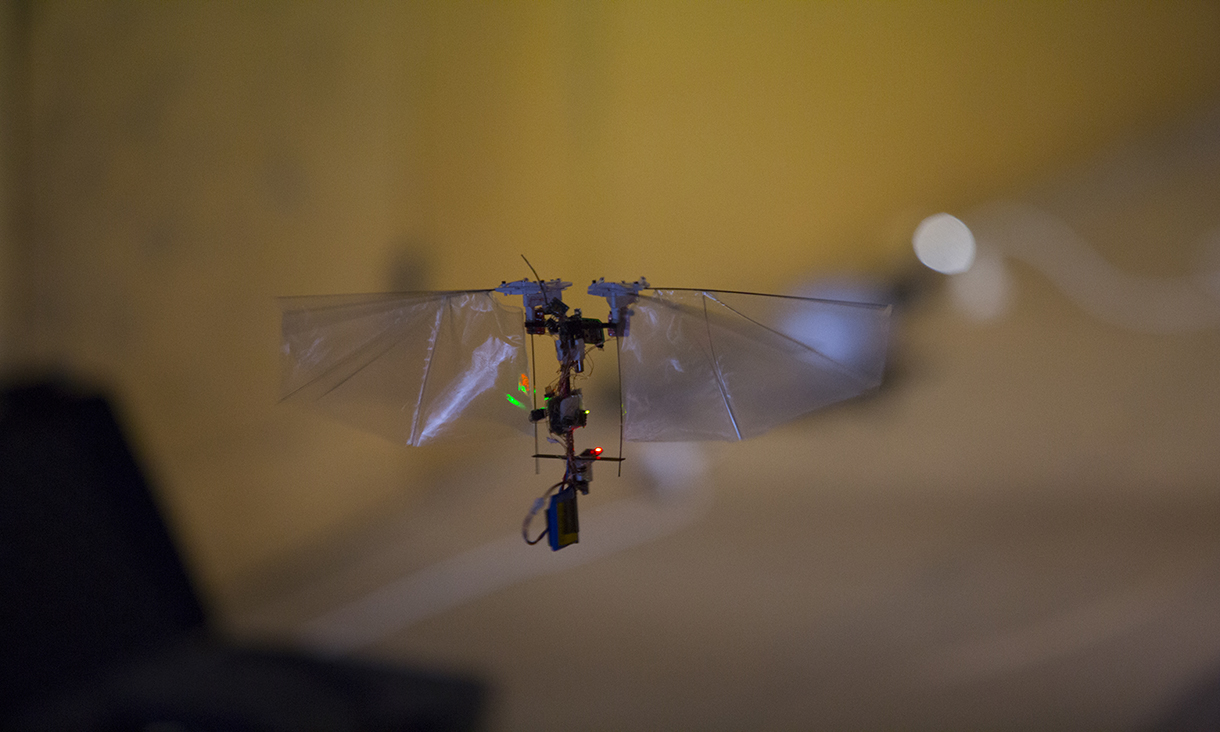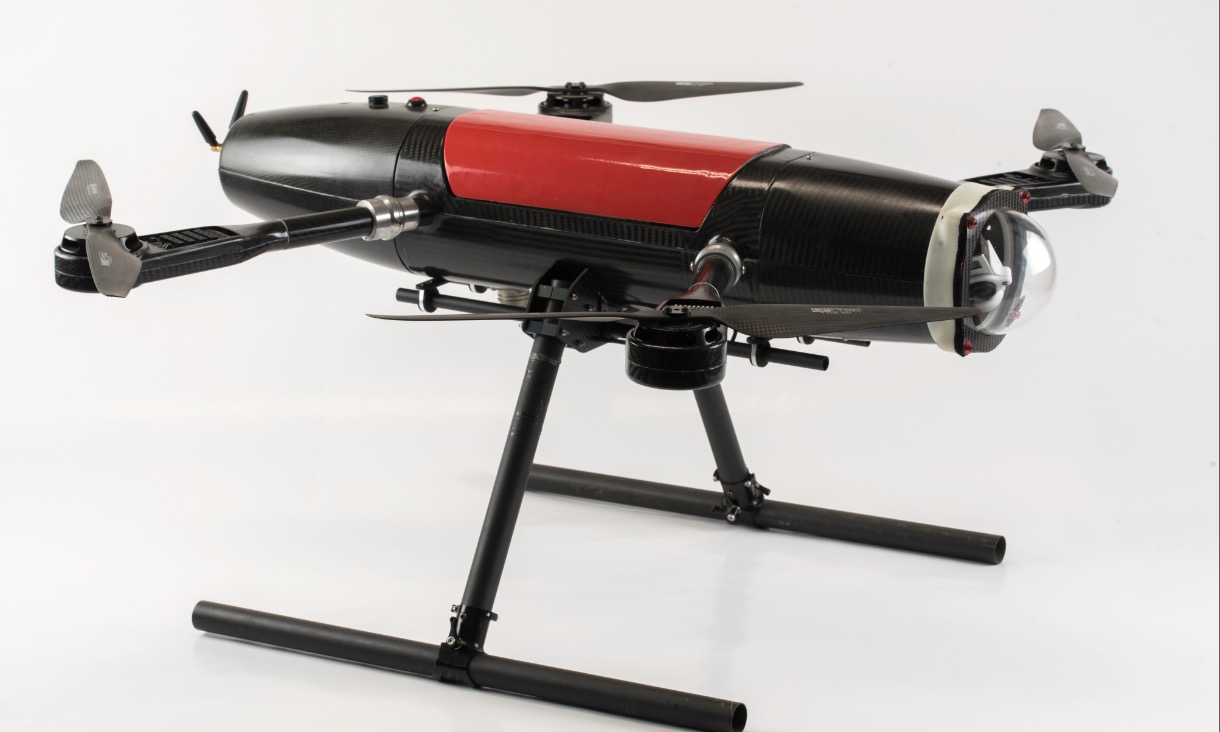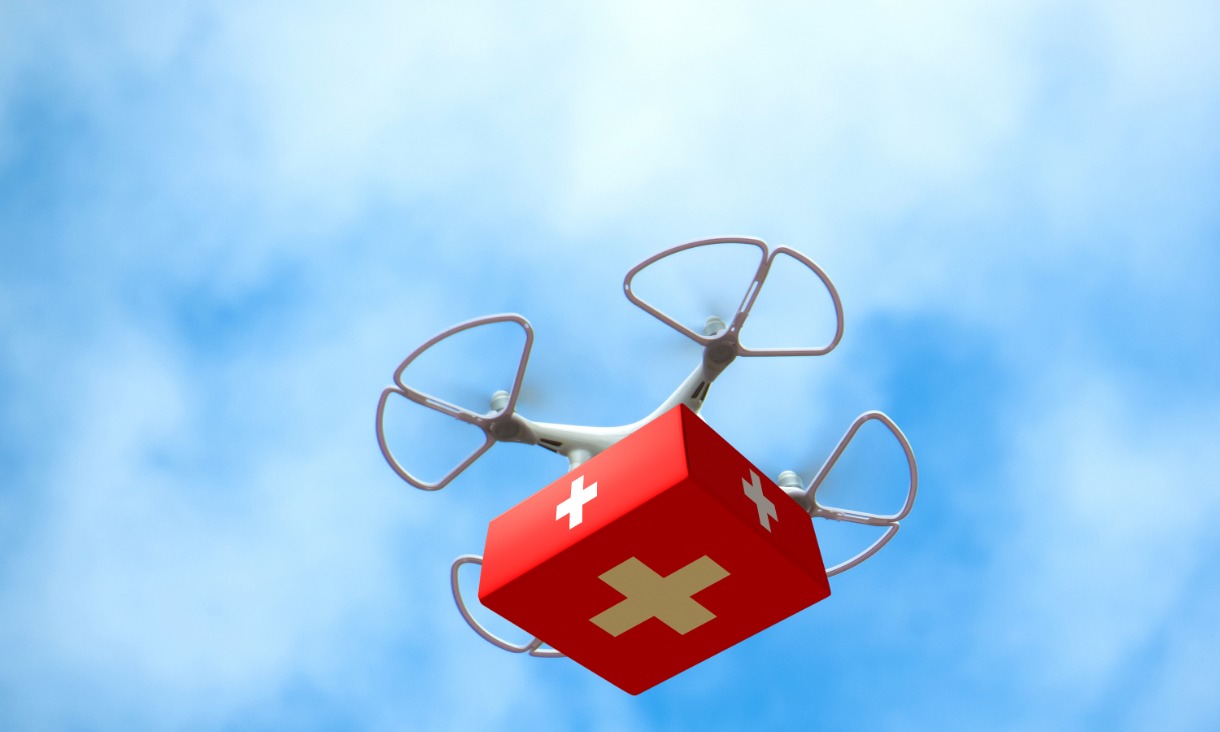HIVE has been a huge success since it first launched onto the Australian rocketry scene in April 2018. Prior to this week's win at the main event, HIVE had won stages one and two of the competition.
Kirby said HIVE provided a valuable space for students to work together to solve complex challenges within an innovative and collaborative environment.
“Our aim for HIVE was to have a team that’s open across the university and combines the different skills of a diverse team. HIVE is not just about aerospace, it’s about bringing people together.”
Since June 2018, the team has launched six rockets, with each one getting larger and more complex.
“The feeling of a successful launch is just incredible,” Kirby said.
Rockets in the competition, held in the skies over Queensland, were required to achieve an altitude as close as possible to the target – with penalties imposed for over or undershooting the altitude goal.
HIVE won the 30,000ft category, or just over 9km.
The competition also required teams to design and build a novel and innovative scientific experiment to be carried to the specified altitude.
HIVE successfully delivered an exciting microgravity experiment which tracked the behaviour of magnetic fluids in microgravity, which could significantly increase a satellite’s longevity when used in a small satellite propulsion system.
Overall, students were scored on their preliminary design, the quality and innovation of their manufactured rocket, the rocket launch trajectory and the safe and accurate recovery.
